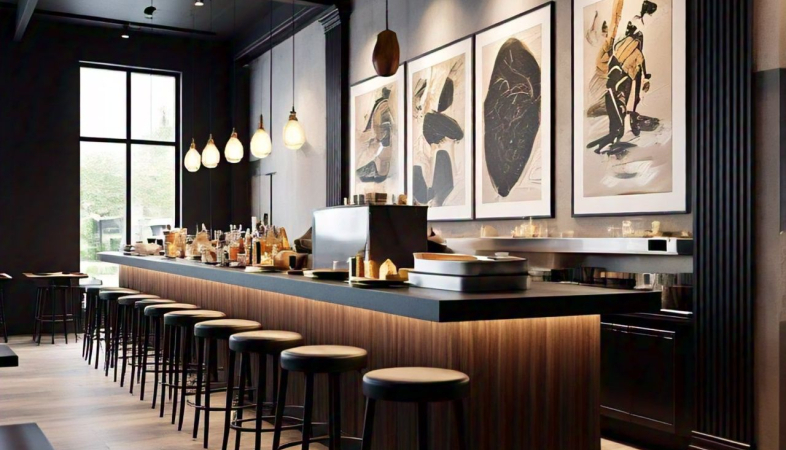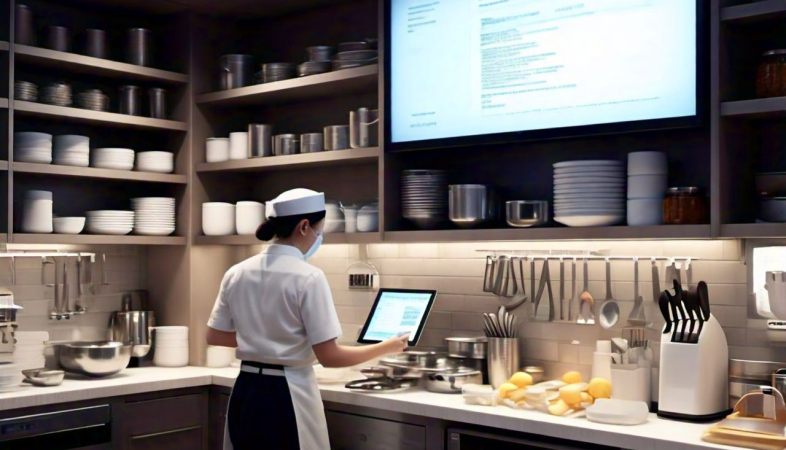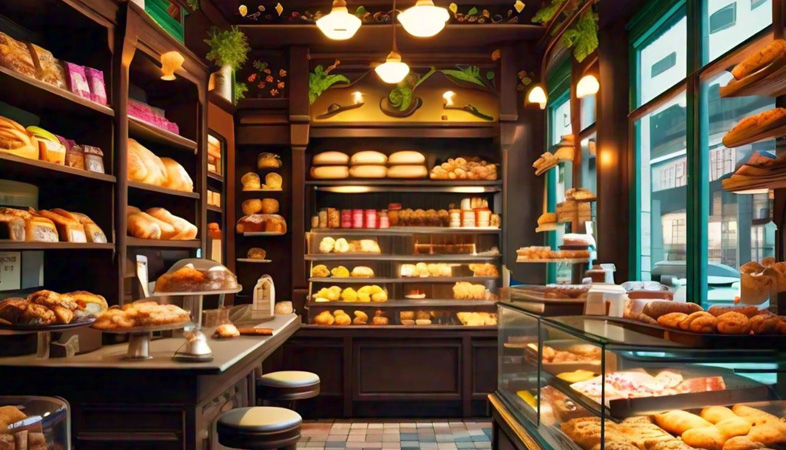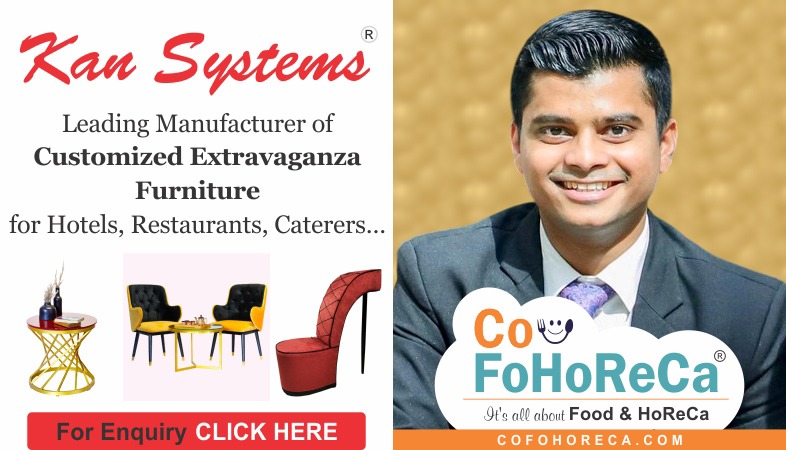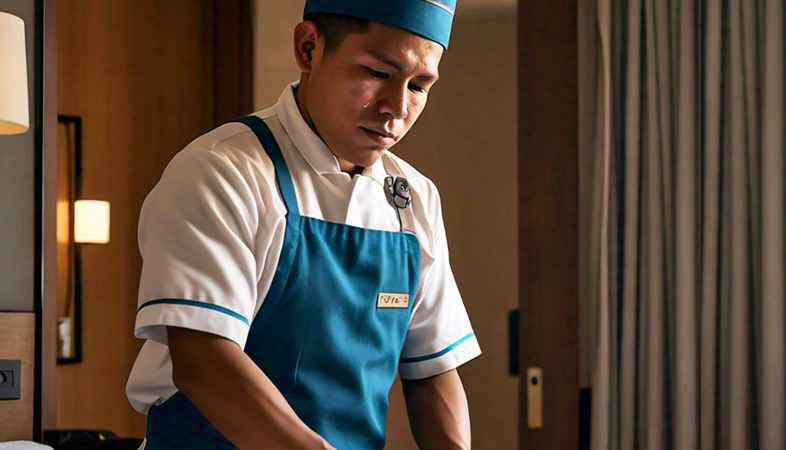SHARE
Commercials
More Posts
Jan 26, 2025
Sushi - By Chef Madhusudan Singh
Apr 08, 2025
Schezwan Chicken Gravy Momos - By Chef Rohit Anand
Mar 15, 2025
Rajesh Kumar Takes Charge as Unit Manager at Sodexo
Nov 18, 2024
Bela Pana - By Biswajit Das
Jan 26, 2025
Sushi - By Chef Madhusudan Singh
Apr 08, 2025
Schezwan Chicken Gravy Momos - By Chef Rohit Anand
Mar 15, 2025
Rajesh Kumar Takes Charge as Unit Manager at Sodexo
Nov 18, 2024
Bela Pana - By Biswajit Das
Jan 26, 2025
.png)





